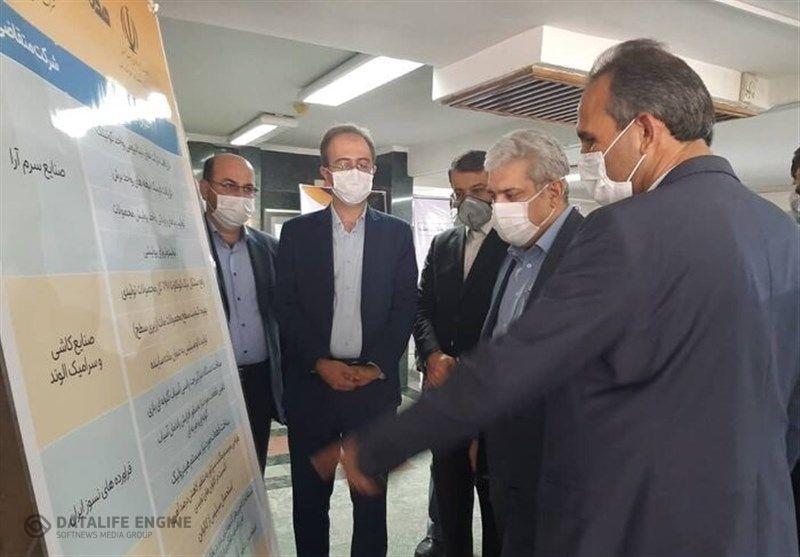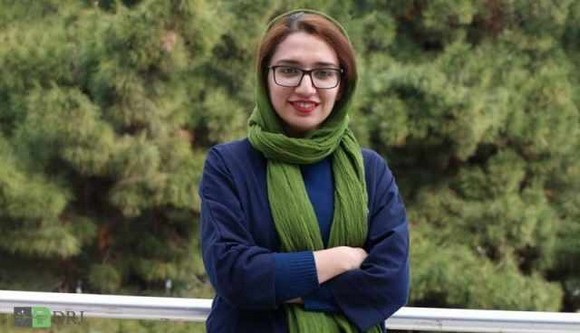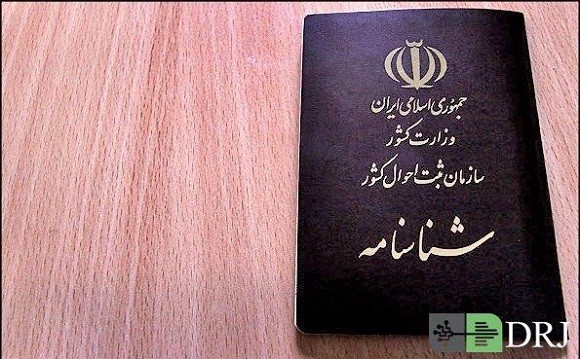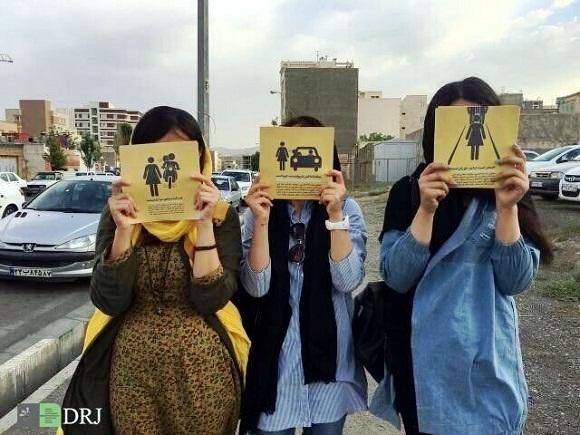Fakhr al-Din al-Razi
Abu `Abd Allah Muhammad b . `Umar b . al-Husayn Fakhr al-Din al-Razi , also known as Abu’l Fadl , Abu’l Ma’ali , al-Imam , Ibn al-Khatib , Khatib al-Rayy and Shaykh al-Islam . He was the most celebrated and prolific scholar among his contemporaries . He was initially interested in alchemy , but later wrote more in the fields of exegesis , theology , philosophy , law , medicine , linguistics , physics , history , heresiography , astronomy , logic , astrology , and physiognomy .
Al-Razi was born in Rayy in 544/1149 . Little is known of his early life , but his biographers all agree that his father , Diya’ al-Din , known as Khatib al-Rayy , was his first teacher in kalam and fiqh . After his father died , he took lessons in various Islamic sciences from Majd al Din al-Jili and jurisprudence from al-Kamal al-Samnani . He was very persuasive when he spoke , used precise Arabic and Persian , and had a clarity of mind , critical attitude and a highly trained memory . He was characterized by an independence of thinking and rational approach . He broached many controversial problems , and had no hesitation in drawing on non-Muslim and heretical views in his philosophical analyses . Al-Razi had many opponents and major allegations were made against him .
Al-Razi travelled throughout the Muslim world , recorded in his own sixteen-chapter account of the places he visited , the scholars he met , and summaries of their discussions ( Munazarat Fakhr al-Din al Razi fi Bilad Ma Wara’ al-Nahr ) . He attracted students from every part of the Muslim world and it is said that when he moved from place to place , at least three hundred students would follow him . He settled in Herat , where a madrasa was built for him . Once , in a public audience , a heated discussion led to harsh words between al-Razi and Ibn al-Qudwa , a Karramite leader , which led to accusations . The sultan’s cousin accused al-Razi of kufr , because he read Ibn Sina and Aristotle , and the populace became so incensed that al-Razi’s life was threatened . Al-Razi discreetly left the city and the year of his exile had such an impact that scholars described it as sanat al-fitna .
In every dispute , Al-Razi began with his own line of thought or outlined the various alternatives to the solution and then concisely indicated his choice of preferred alternatives . He reproduced the views of his opponents exactly and impartially . He invariably did not choose the short answers , but established his own position at length , though he did not repeat his own arguments .
On the question of the existence of God , al-Razi contributes an organized presentation with elaborate philosophical and theological proofs , shaping an eclectic new type of reasoning . His proofs are from i ) the contingency of the substances , ii ) the contingency of accidents , iii ) the originatedness of substances and iv ) the originatedness of accidents . In his fourth argument from the originatedness of accidents , he has two strands: the subjective and the objective . These , al-Razi says , can be inferred from the Qur’an , interpreting 41:53: “We shall show them Our portents on the horizons and within themselves…” and points to other verses which signify phenomenal events as proofs for God’s existence .
In the subjective he gives examples of the development of human beings from the stage of embryo to maturity . The objective argument , he says , is based on common observation such as the nature of plants , minerals , cosmological movements , etc . The fifth argument is from design and order in the universe , and according to al-Razi , can be included in all his four preceding arguments . The harmony and balance in the world is evidence of the absolute knowledge of the Creator , from which His very existence can be concluded .
A major accusation against al-Razi was that he believed in sorcery and that his book al-Sirr al-Maktum fi Mukhatabat al-Nujum advocated it . M . S . Ma`sumi says that the contents of the book do not justify this view , and that al-Razi very clearly acknowledged the study of astrology as a branch of knowledge , but did not believe in astrology . He distinguished between what is permitted by Islam and what is not [Mafatih , vol . 1 . pp . 430-36; Mabahith , vol . 2 . p . 423] . In Munazarat , he draws on al-Farabi and Ibn Sina to conclude that there is no connection between the heavenly movements and events in the sub-lunar world , and that astrology cannot therefore be a real science [Munazarat , p . 32] .
Al-Razi died in Herat in 606/1209 . In his Wasiyya , which he dictated to a student before his death , he says that he had not sufficiently distinguished the useful from the harmful in his writings , states dissatisfaction with philosophy and theology , preferring the Qur’anic approach in the pursuit of truth over philosophy , and says the human intellect disintegrates in the face of complicated issues , therefore advising against deep contemplation of unsolvable problems .
Unpublished Manuscripts by Al-Razi , Fakhr al-Din Muhammad b . ‘Umar:
al-Matalib al ‘Aliya , Istanbul , Fatih Ms . no . 3145
al-Matalib al ‘Aliya , Istanbul , Laleli Ms . no 2441
Mulakhkahas , British Museum , Oriental Ms . no 2360
Nihayat al-‘Uqul fi Dirayat al-Usul , Istanbul , Hamidiye Ms . no . 782
Risala fi l-Tawhid , Istanbul , Fatih Ms . no . 5426/2
Wasiyyat al-Imam al-Razi , Istanbul , Esad Efende , 3774/9
See also:
Ceylan , Yasin ( 1996 ) , Theology and Tafsir in the Major Works of Fakhr al-Din al-Razi , International Institute of Islamic Thought and Civilization , Kuala Lumpur .
Kholeif , Fathalla ( 1966 ) , A Study on Fakhr al-Din al-Razi and His Controversies in Transoziana , Beirut .
Kraus , Paul ( 1938 ) , “The Controversies of Fakhr al-Din al-Razi” in Islamic Culture , vol . 12 , pp . 131-153 .
Ma’sumi , M . Saghir Hasan ( 1967 ) “Imam Fakhr al-Din al-Razi and His Critics” in Islamic Studies , vol . 6 pp . 355-374 .














































